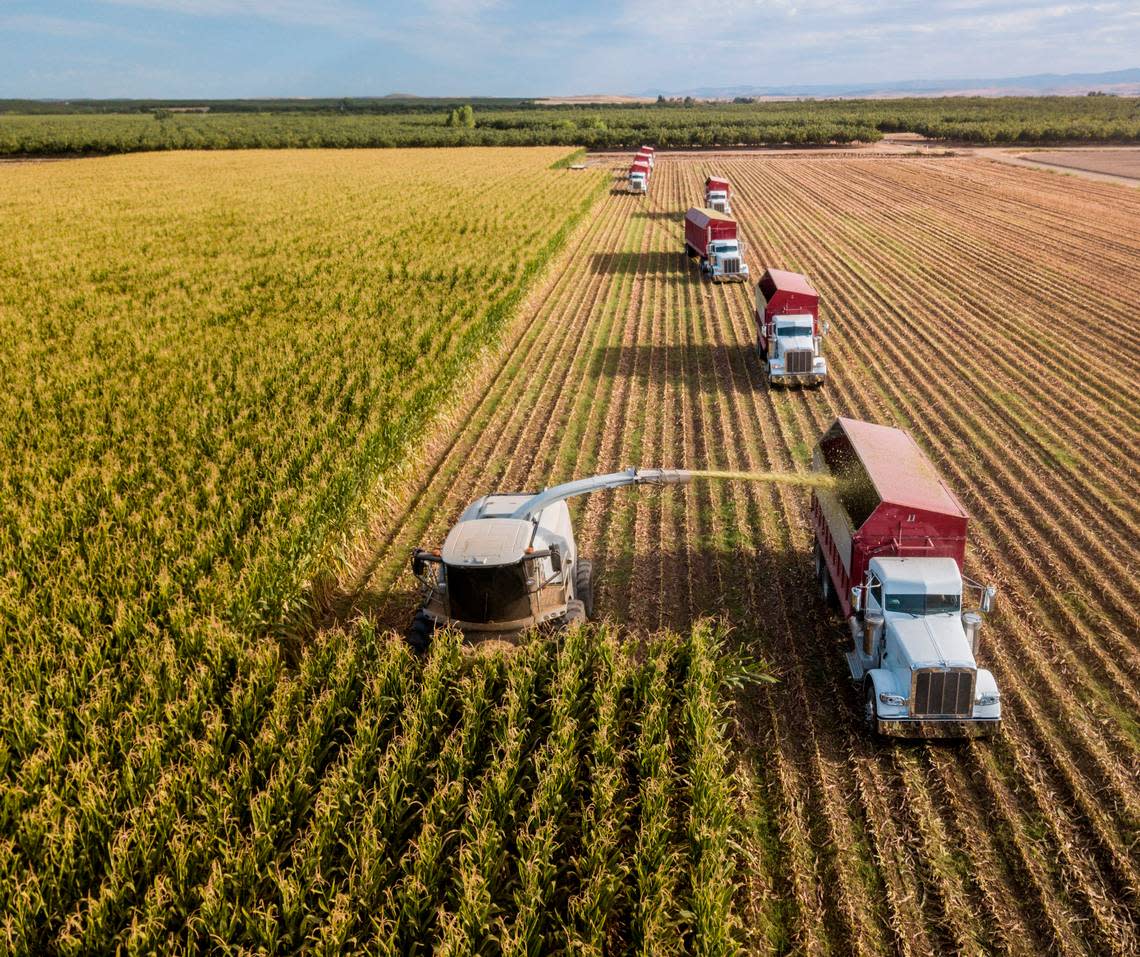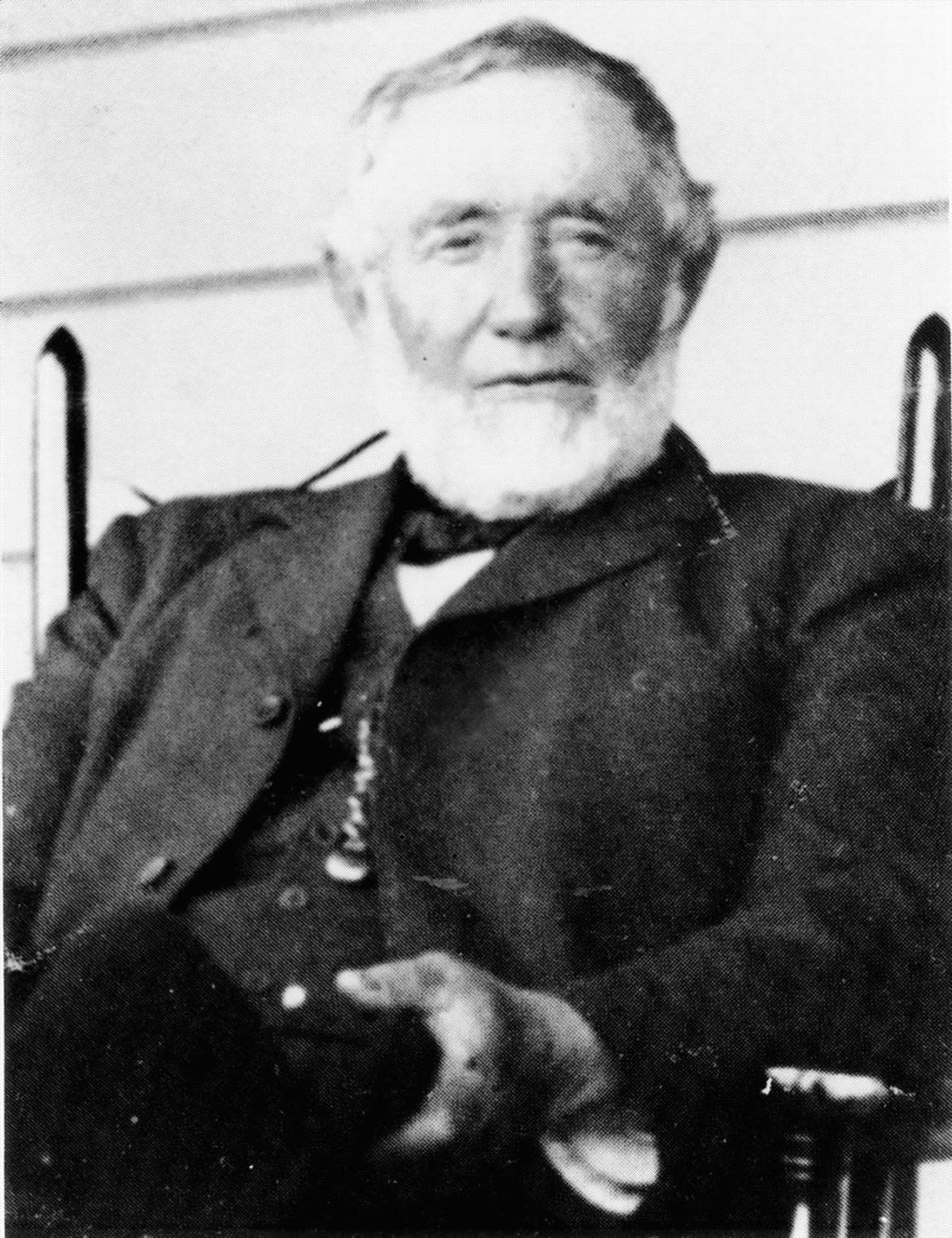Merced Courthouse Museum to feature ag exhibit showcasing local farmers
Whether it is a snowy almond orchard in the spring, a waving sea of corn fields in the summer, or row after row of ripening tomatoes in the fall, Merced County has some of the prettiest and most productive farmland in the country.
Bare farmland is like a blank canvas with boundless possibilities, and Merced County farmers are some of the hardest working “artists” whose creations feed the world.
Merced Camera Club has captured these “artists” at work in a show that will open at the Merced County Courthouse Museum on October 13 at 5:00 p.m.
The “Land and Water: The Building of an Ag Empire” exhibit provides a contemporary look at Merced County as an agricultural empire through the lens of Merced Camera Club, focusing on the interconnection of land, people, and water.
This display is a culmination of the exhibits of the last three years. In 2019, we explored the development of our current irrigation systems in the “MID Centennial Celebration” exhibit.
We then studied the establishment of different communities in “Settlement of Merced County” in 2021 and the evolution of tractor and farm equipment in “Tractor Dealerships in Merced County” earlier this year.
All of these key “ingredients” have made Merced County a breadbasket of the world. However, forces such as climate change, legislation, and population growth have impacted farming practices and methods. In addition to the Camera Club photos, you will be able to read about some of these changes in excerpts from “The Wisdom of Merced County Farmers” (3 Vols., 2010-2012), edited by Susan Walsh.
Farmers like Cannon Michael embrace technology in farming and in connecting with the urban consumer. Cannon is a sixth-generation Los Banos farmer whose great-great-great grandfather was Cattle King Henry Miller.
Cannon was not born or raised as a farmer; however, his affinity to his ancestral land drew him to the West Side after growing up in San Francisco and a stint in the real estate business in Atlanta. In addition to farming as a family tradition, it is the freedom of living in the country that lured him to the valley to join the Bowles Farming Company. Cannon believes technology like satellite imaging and yield monitoring gives farmers critical support and cost savings.
Farmers like Galen Miyamoto view farming as no longer just a way of life but a business. A farmer needs to have a good understanding of “finances with profits and losses, biology with what makes a productive tree grow, mechanical skills to keep equipment running, and chemistry for the proper use of insecticides, herbicides, and fungicides.” As a Sansei (third generation) farmer, Galen has followed the footsteps of his grandfather, Matsuichi Miyamoto.

The latter immigrated to America from Japan in 1909 and started farming carrots, eggplants, and strawberries in the Cortez area. Galen grows almonds on the farm today.
Farmers like Bob Giampaoli of Le Grand feel bogged down by regulations and water and labor issues, which have taken the joy out of farming. Bob remarks, “My friends and I sometimes refer to ourselves as fantasy farmers because we spend so little time in the field and so much time managing and putting out fires.”
Bob’s grandfather, Marino Giampaoli, and his fellow Italians Florindo Marchini and Decimo Marchini started the Giampaoli & Marchini tomato business in 1929; today, Bob and other members of the Giampaoli family are the sole owners of the company known as Live Oak Farms.
Farmers like Kevin Olds believe farmers’ livelihoods depend upon the health of the land. He grows lettuce and herbs hydroponically in his greenhouse farm in Le Grand. Growing up on his parents’ sheep and crop ranch in Dos Palos, Kevin learned to love the land and appreciate nature from his father. To protect the environment, he is always looking for new ways to engage in organic farming. His favorite tool in his greenhouse is a tiny wasp called Aphipar. He remarks, “This beneficial insect has had the biggest impact in my production of hydroponic lettuce. It attacks aphids out of reach of my organic sprays.”
Farmers like Daniel Clendenin of Merced provide some of the most helpful advice for our future farmers. He says, “Farming is a way of life you choose, long hours, good and bad times. You have to love it. There may be downtime, but there is always something to do. Embrace technology. Things are changing so fast you need it to keep up to stay in business. Go to school, but realize that what you learn is only a starting point. Become a problem solver, use common sense and be adaptable to changing conditions.”
Other farmers also featured in this exhibit include Jeff Marchini of Le Grand, Bill and Rhonda Crivelli of Dos Palos, Michael Duarte of Atwater, Joe and Augie Scoto of Merced, Dante Migliazzo of Atwater, and Scott Magneson of Ballico.
To read more about these stories from “The Wisdom of Merced County Farmers” and view the beautiful photographs from the Merced Camera Club, please join us for the exhibit opening on October 13.
During the 6 p.m. reception, Camera Club members Jim Cunningham, Doug Torres, and Susan Walsh will participate in a PowerPoint/video presentation about Merced County farm scenes, including many stunning drone shots of crop harvesting.
For more information about the exhibit, please contact the Museum office at (209) 723-2401.

